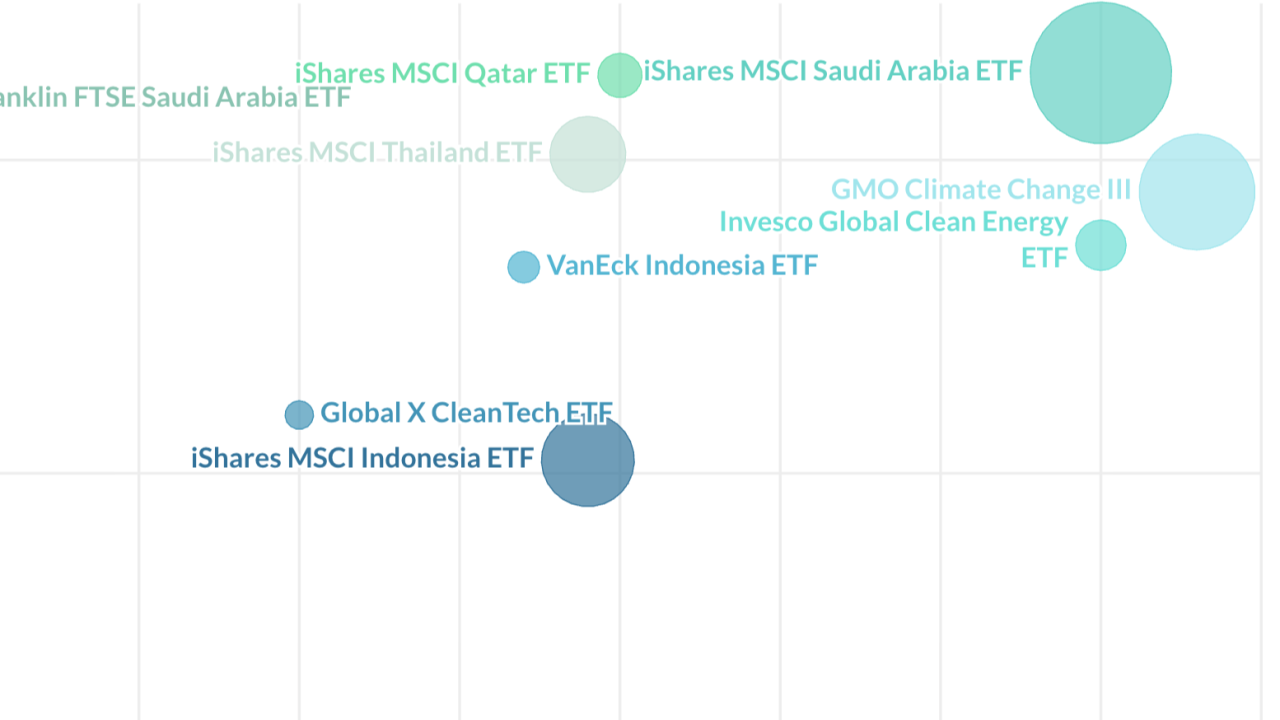(Bloomberg) -- Mutual and hedge fund managers dodged the toughest provisions of newly proposed U.S. pay rules designed to discourage excessive risk-taking on Wall Street.
Thanks to the way the proposal defines assets, even large managers such as BlackRock may qualify for the lightest regulation. The plan, stemming from the 2010 Dodd-Frank law, reserves its strongest restrictions for financial companies with $250 billion or more in assets, but that excludes holdings belonging to clients.
Only 18 of the 669 registered investment advisors subject to the rule would face the heaviest regulation, the SEC estimated in a briefing on Thursday. About 630 firms would fall below the $50 billion threshold for a lower level of regulation. Those with less than $1 billion in proprietary assets aren’t covered.
The proposal -- written by six U.S. financial agencies and released by the National Credit Union Administration -- targets bonuses meted out by banks, brokerages and fund managers to executives and traders who ring up big profits while taking on undue risk. Awards would be subject to deferrals lasting as long as four years, and potential clawbacks should the recipient take on inappropriate risk or get hit with an enforcement action.
Under the plan, advisors would be able to exclude “non-proprietary” assets on their balance sheets, such as those held on behalf of clients, when determining to which category they belong.
BlackRock, the world’s largest money manager with about $4.6 trillion under management, had $225 billion of consolidated assets on its balance sheet at the end of 2015. But that included almost $151 billion of separate accounts that are walled off to fund individual and group pension contracts written by a U.K. insurance subsidiary, according to the company’s annual report, as well as $31 billion of collateral for the accounts held under securities lending agreements.
BlackRock “has no economic interest” in the separate account assets, according to the annual report, and they aren’t subject to the general claims of the firm’s creditors.





